We’re all susceptible to negative thinking patterns caused by cognitive distortions. In this article, I will discuss the impact of these distortions and give you strategies for spotting them.
In my work as a Calgary psychologist and a Cochrane psychologist, one of the most common strategies I use to help clients with a variety of issues is one rooted in cognitive behavioural therapy. The strategy involves helping my clients identifying their cognitive distortions. Cognitive distortions are ways the mind skews its perception of events in a negative manner. If they go unchecked, cognitive distortions can have significant negative effects on your moods and behaviours and can interfere with your relationships and work. I’ll begin by listing some of the most common cognitive distortions and then will illustrate how they exert their negative effects.
Some of the most common cognitive distortions
Examples of cognitive distortions include: (1) All-or-nothing thinking—for example, you assume people are completely good or completely bad; (2) Focusing on the negatives—for example, if you did some parts of a job well and other parts not so well, you focus on the parts you did not do well; (3) Jumping to conclusions—this distortion includes mindreading (assuming other people’s intentions without sufficient evidence) and catastrophizing (assuming an event will turn out badly and/or that you won’t be able to cope with an event without evidence for these assumptions); (4) Personalization—this one involves assuming responsibility (and feeling guilty as a result) for events which the evidence indicates you are not responsible; and (5) Labelling—if you do something wrong or make a mistake, you assign yourself a negative label such as “I’m a loser”.
What negative effects can the use of cognitive distortions have on your life?
Here are just a few examples of how cognitive distortions can have a negative effect on your life: (1) depression—overly negative views of oneself, the world and the future (the negative ‘cognitive triad’) play a key role in depression; (2) anxiety—generalized anxiety involves overestimating the likelihood of negative events occurring in one’s life and underestimating one’s ability to cope with these events if they were to occur; (3) panic—panic attacks often occur because of distorted thoughts about the causes of one’s physical sensations; (4) anger—assuming that other people’s behaviour is driven by negative motives without sufficient evidence increases the intensity of anger; (5) post-traumatic stress disorder—distorted thoughts about oneself and others in relation to traumatic events makes it difficult to heal from these events; (5) eating disorders—distorted thoughts regarding body image, food and eating factor into this issue; (6) addictions—distorted thinking often fuels enabling thoughts which justify the use of the addictive substance or behaviour; (7) relationship problems—couples who use distorted thinking often have greater difficulty communicating constructively about their issues.
The first step in stopping the negative effects of cognitive distortions—spotting them in action
Catching your use of cognitive distortions is the first step in reducing your use of them. To do this, when you’re experiencing particular negative emotions or shortly after you experience them, try to identify which cognitive distortions have been present in your automatic thoughts about the situation which led you to experience the emotions. For example, if you became upset because you thought a look on your friend’s face meant they were angry with you and they told you that their look had nothing to do with you, you would identify ‘jumping to conclusions’ or ‘mindreading’ as the cognitive distortion you used in this instance.
The second step in stopping the negative effects of cognitive distortions—replacing distorted thoughts with balanced thoughts
Once you become proficient in identifying the cognitive distortions you use, you should begin to feel somewhat better. You will feel even better by taking the next step in stopping the negative effects of cognitive distortions. This involves replacing your distorted thoughts with more accurate, balanced and positive thoughts. I will discuss techniques for doing this in my next article.
Nondistortedly yours,
-Dr. Pat


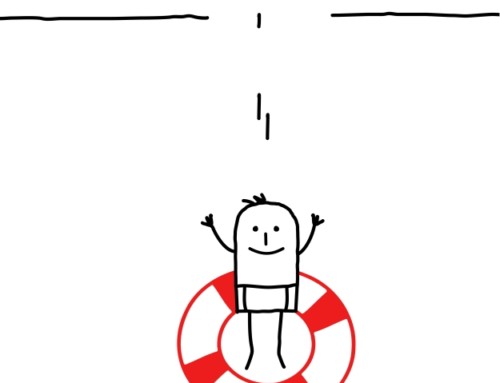
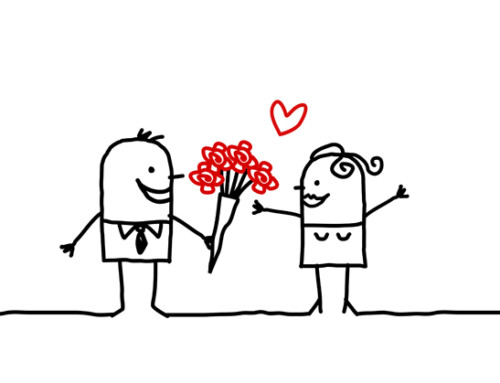
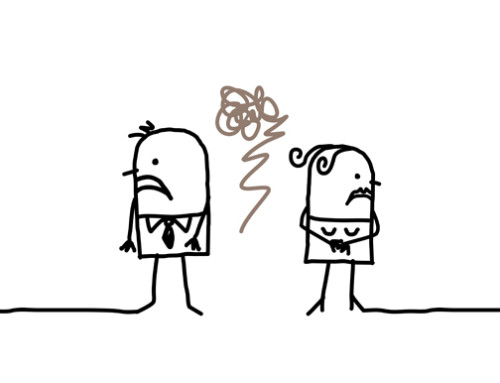
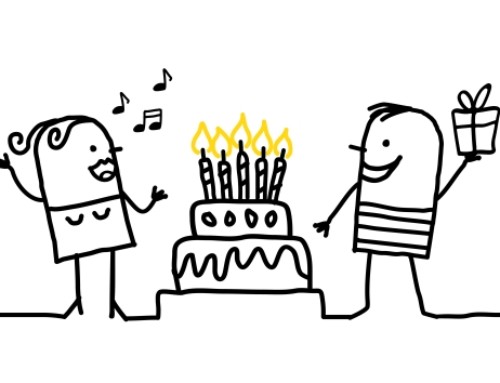
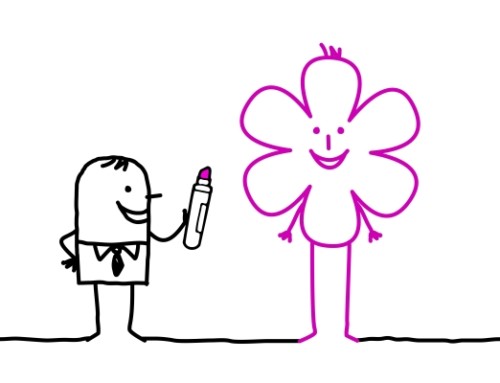
Leave A Comment